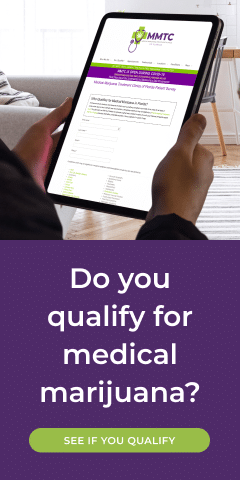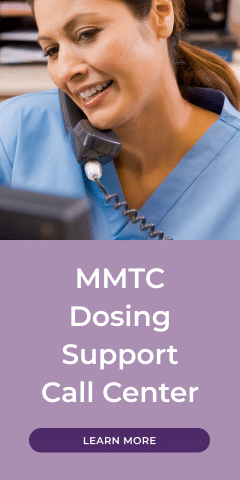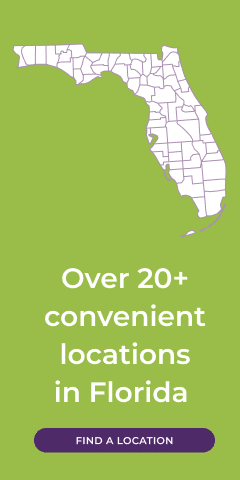What is Ketamine?
According to WebMD, there are several uses for ketamine in the medical and veterinary fields. To get high, some people use it illegally. In the 1960s, Belgian veterinarians began using ketamine as an anesthetic for animals. As an anesthetic, it was given the green light by the FDA in 1970. It was used on the battlefields of the Vietnam War to treat soldiers who had been wounded.
Ketamine is a dissociative drug, which means it affects the brain’s chemistry to induce visual and aural distortion, as well as a sense of disconnection from reality.
Many researchers have been intrigued by the drug’s ability to treat depression and alleviate the symptoms of suicidal ideation. Treatment-resistant depression and other illnesses have benefited from its use in research studies and clinical trials.
Please note: Casual use is not a form of treatment for depression at all. There is a procedure for medically monitored use, however, that may benefit those who are unable to get relief from other drugs.
Ketamine therapy has shown promising results in clinical trials and studies examining its potential as a therapy for depression.
Is Ketamine legal in Florida?
Ketamine therapy is allowed in Florida, as well as the rest of the United States.
What are the effects of Ketamine?
Ketamine has varying effects on various people, depending on the following factors:
- a person’s weight and height
- Tolerance level to ketamine
- Interaction with other drugs, as well as how strong the substance is (varies from batch to batch)
As a result, it’s possible that you’ll feel
- the feeling of well-being and contentment
- detachment from your body
- hallucinations
- Increased heart rate and blood pressure
- fuzzy vision and slurred speech
- Anxiety, rage, and physical violence
What conditions does Ketamine treat?
According to New Horizon Clinics, a Florida Ketamine Clinic, the following conditions can be treated with ketamine:
- Amyotrophic Lateral Sclerosis (ALS)
- Anxiety
- Central Neuropathic Pain
- Complex Regional Pain Syndrome
- Depression
- Fibromyalgia
- Hypoactive Sexual Desire Disorder
- Lyme Disease
- Migraines
- New Daily Persistent Headaches
- Obsessive Compulsive Disorder (OCD)
- Pelvic Pain
- Phantom Limb Pain
- Post-Herpetic Neuralgia
- Postpartum Depression
- Post-Partum Stress
- Sexual Abuse Trauma
Can I mix Marijuana and Ketamine?
Studies have shown that CBD, one of the primary components of the Cannabis plant, may have tremendous benefits for patients suffering from depression when combined with Ketamine therapy.
It’s not uncommon for ketamine therapeutic users to object to the drug’s potent adverse effects. Hyperlocomotion, a hallmark of psychosis, is one example of these symptoms, as is “psychotic symptoms.”
Ketamine makes it impossible to do anything else, in other words. It’s likely that you’ll need to be at a medical facility or under monitoring while you’re taking it, which limits its practical usefulness.
Fortunately, a recent study shows that by mixing CBD into your ketamine therapy, you can minimize these negative effects. Cannabidiol (CBD), the cannabinoid that has been linked to anti-anxiety and anti-inflammatory properties, can be used in conjunction with ketamine to reduce the side effects of the treatment. The study’s authors noted “by preventing the hyperlocomotion without interfering with the antidepressant effects of ketamine, CBD could be explored as a possible new add-on therapeutic option for depression.”
If you or a loved one are using ketamine or medical marijuana and are considering mixing with the other, be sure to consult with an experienced Florida medical marijuana doctor first.




